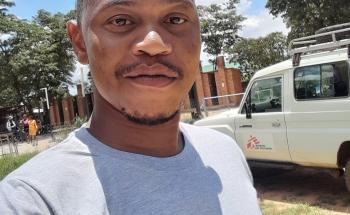As part of our commitment to reduce maternal mortality in the places where we work, Doctors Without Borders (MSF) offers safe abortion care at many of our projects. Providing this care can be challenging, and for the last several years, MSF has made a global effort to address obstacles and scale up the implementation of safe abortion services. As a result, the number of safe abortions MSF provides has increased from around 74 in five countries in 2015 to nearly 35,000 in 33 countries in 2021.
Asha*, a midwife supervisor from East Africa, worked with MSF from 2003 to 2021 and helped drive the evolution of safe abortion care within the organization. Here, she shares her stories about the challenges, breakthroughs, and growth she experienced while working to provide lifesaving services for women** over nearly two decades.
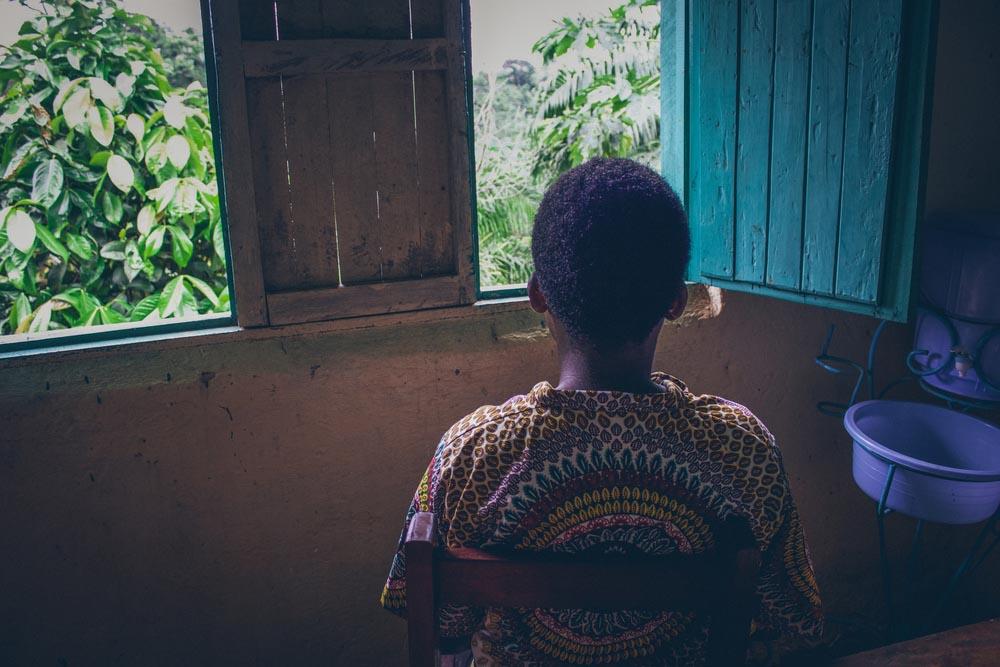
2003: Training, the first obstacle
When I started working with MSF as a midwife in 2003, I managed deliveries and newborn care, but I also saw a big need for abortion care. Whenever this need came up, I wanted to be able to help—but I didn’t have that training or experience. It was quite a dilemma for me.
In the country where I am from in East Africa, doctors had always managed that part of health care. But things were changing. When I returned home after my first MSF assignment, I visited the health centre where I used to work and saw that the midwives were now managing abortion cases. I felt like I was lagging behind.
In 2004, I learned that MSF had adopted a policy stating that we would provide safe abortion care wherever it was needed to prevent maternal deaths and injuries due to complications from unsafe abortions. I was impressed. I thought, “This is what I am supposed to do.” But I still lacked training.
Few patients were asking for abortion care—abortion is a taboo subject in Central Africa, where I was working, and in many of the places where MSF works. But I knew many women were suffering in silence because I treated them for complications from unsafe abortions, such as septicemia [blood infection] and severe bleeding, which can also lead to severe anemia. I vividly remember one patient who died, leaving five young children behind.
Fortunately, local doctors working with MSF in the projects where I was placed had a lot of knowledge and experience and were able to help me manage complications from unsafe abortions.
Unsafe abortion is what many women turn to when they cannot access safe abortion care. One of the main causes of maternal mortality.
2009: Internal obstacles
Finally, in 2009, I was able to attend an MSF training on sexual and reproductive health care in The Netherlands. I learned how to administer a safe abortion using pills—the most preferred method at MSF projects—and how to perform a manual vacuum aspiration [a procedure to remove pregnancy tissue]. That helped me a lot, and I was able to start safely providing abortion care myself.
Ready to put my new skills to use, I travelled to my next assignment in West Africa with MSF. But I soon found another obstacle in managing abortions: my team. They were not sensitized to MSF’s policy on abortion. They were negative about abortions, speculating on the consequences: "What about the family? What about the community? What if it puts the project at risk?"
I remember a young married couple who came to the clinic. The woman was pregnant. They already had three children below the age of five and said they could not manage a fourth child. They wanted an abortion. I presented this to one of my colleagues who were not from the project country, and his opinion was that it was too risky for MSF. “What if the patient dies?” he said.
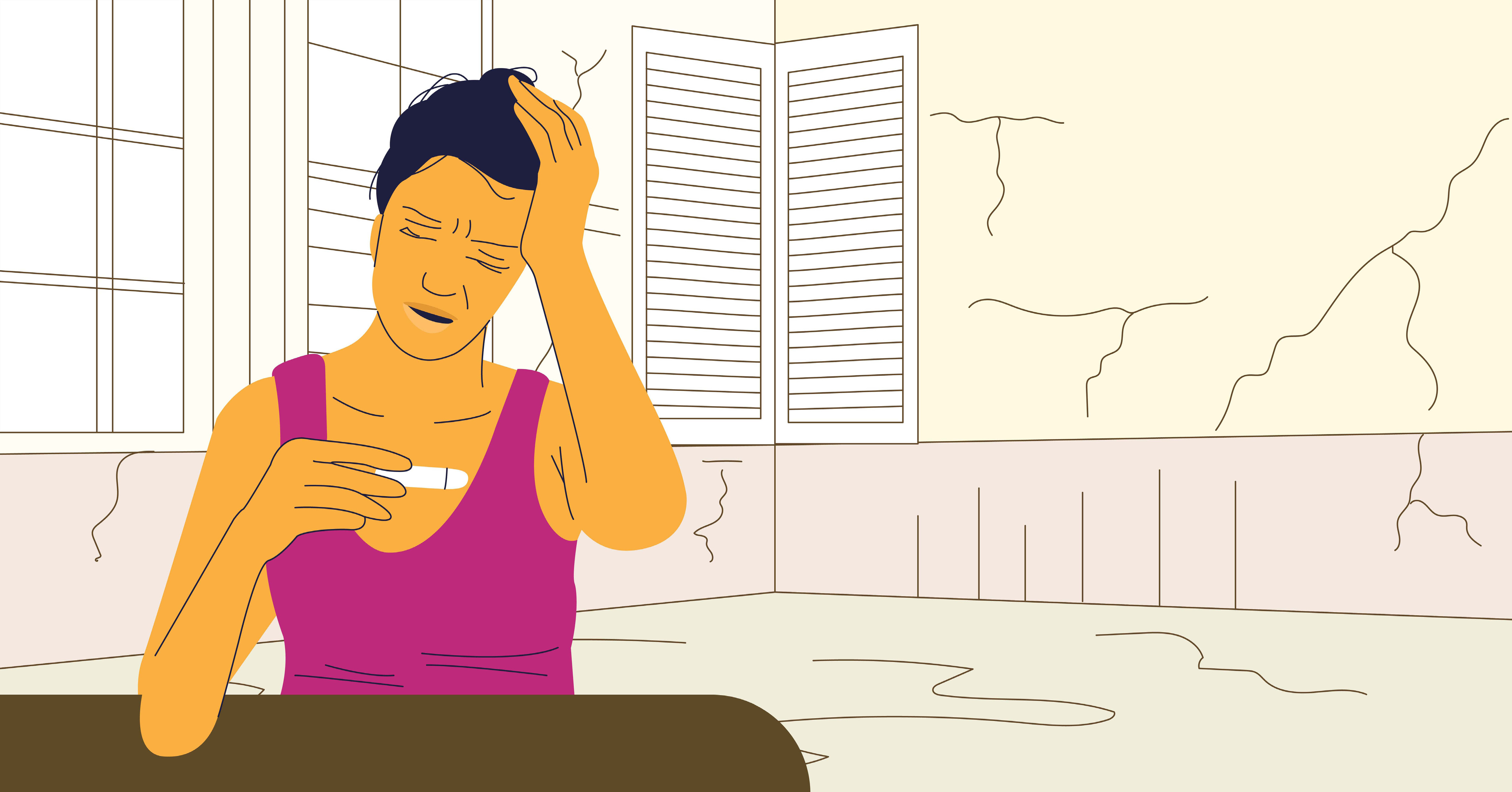
Where there is a lack of knowledge about abortion, the response is often: What if the patient dies? We hear stories about women dying after abortions, but that is because the conditions or circumstances of the abortion were unsafe—for example, an untrained person used a dangerous and invasive method. Unsafe abortion is one of the leading causes of maternal death, but we know there is another way.
Medication abortion, or safe abortion with pills, successfully ends pregnancy more than 95 per cent of the time, and the risk of severe, life-threatening complications is less than 1 per cent. My colleague’s perspective reflected a fear of the unknown—a lack of knowledge.
I talked to another colleague, a local doctor working with MSF, and together we spoke with the couple and decided to provide safe abortion.
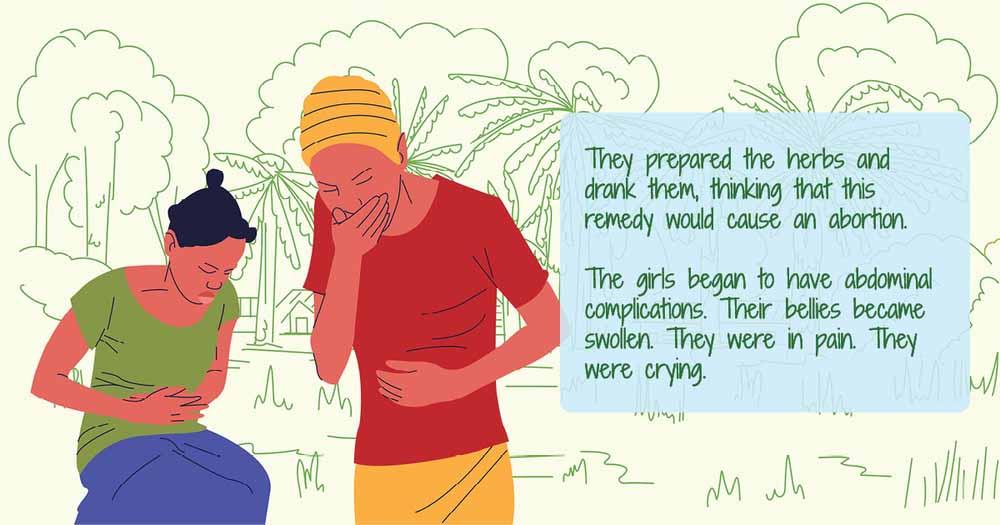
Even though I now had the skills, during the two years I worked at this project, I was often unable to help women because my own staff did not always understand that safe abortion is an important part of reproductive health care and that unsafe abortion, which is what many women turn to when they cannot access safe abortion care, is one of the main causes of maternal mortality.
Fortunately, MSF can be a good listener. When I reported to the sexual and reproductive health advisors that some staff were obstructing abortion care, they were surprised to hear this. Over the next several years, they set out to better understand the different internal obstacles and worked to resolve them so we can ensure the provision of safe abortion care in MSF projects.
It’s not always easy but providing safe abortion care is important. Over the 19 years I worked with MSF, I had to be very resourceful to provide this care. It required a lot of confidence and sometimes courage. Listening to women is essential, and that's how I discovered ways to help them even when there were obstacles.Asha*, midwife supervisor from East Africa
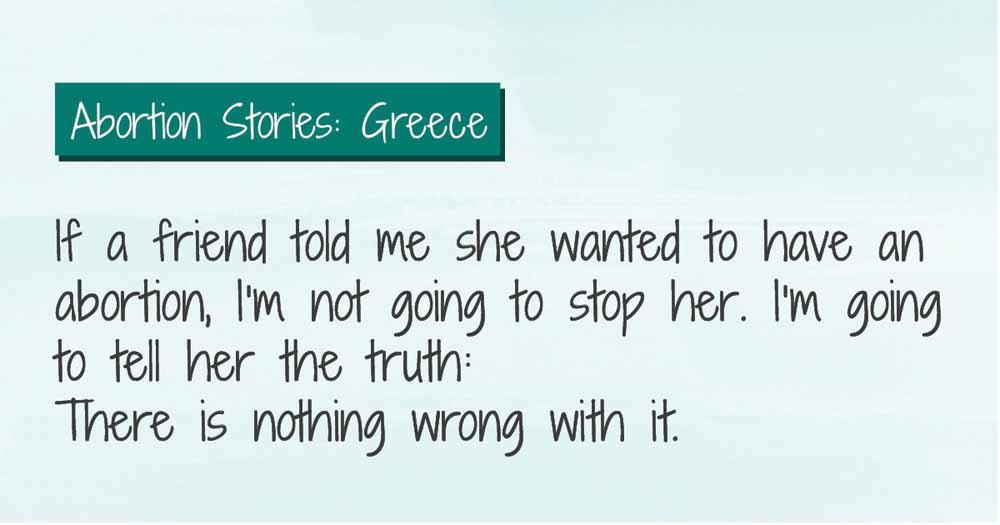
2017 Exploring values and attitudes
Several years later, I attended a workshop called “Exploring Values and Attitudes towards Abortion,” known within MSF as EVA. [Editor’s note: Part of MSF’s strategy for building the capacity to provide safe abortion care was the design and implementation of EVA workshops, where all MSF staff engage in honest, open-minded, and critical reflection about abortion. The goal is for participants to examine, question, and affirm their values and attitudes around abortion to help support MSF’s provision of this care.] It was very educational and changed a lot of perceptions and attitudes.
Many of my colleagues simply had not known about the devastating impact of unsafe abortion, that it kills at least 22,800 women and girls and injures millions more every year. Too few of my colleagues had connected the deaths we saw to the healthcare system we are part of. We had just waited for people suffering with complications from unsafe abortion to come to our clinics, and although we treated those who arrived soon enough to be saved, countless lives were lost.
The first patients who requested safe abortion care after my team attended the EVA workshop had been referred by colleagues who were logisticians and supply staff. They sent family members, friends, and neighbours who needed help; I saw the impact of the EVA workshop immediately.
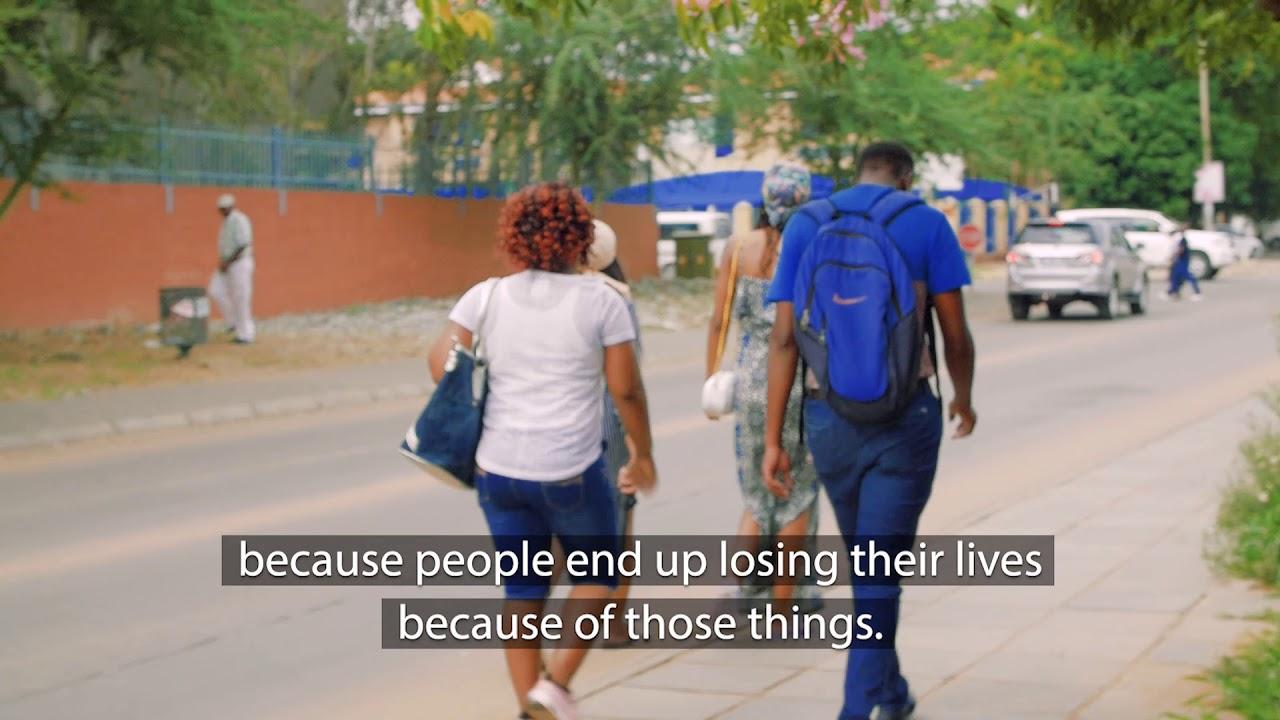
Safe Abortion Care
2019-2021: Listening and adapting
In 2019, I accepted a new assignment in a country in Central Africa. When I arrived, I found that MSF had stopped providing safe abortion care services in the Ministry of Health hospital that we were supporting. This time, it was due to a lack of knowledge and negative attitudes on the part of a few of the Ministry of Health staff working at the hospital, even though we had permission to provide safe abortion care.
I managed to find a way to restart the services. I told my team that if they had any problems with anyone who did not understand the need for these services, they should put the blame on me. I did this because I knew safe abortion care was the safest way to help these women.
One day, a woman who had had a mastectomy of both breasts came to the hospital with her brother. She had a baby and was pregnant. Her husband had left. She told me she couldn’t have another baby because she couldn’t breastfeed and could not afford formula. Her pregnancy was in the second trimester, but I could not send her to stay in the hospital overnight because she would have been treated disrespectfully by some of the staff who were not supportive of safe abortion care.
So I decided to help this patient have a safe self-managed abortion at home. Self-managed abortion basically means taking abortion pills outside of a medical setting with support either from online platforms or telephone hotlines, or, in this case, my written instructions. The woman’s brother was willing to take care of her. I wrote the instructions down. Everything went well, and I realized: I can do this.
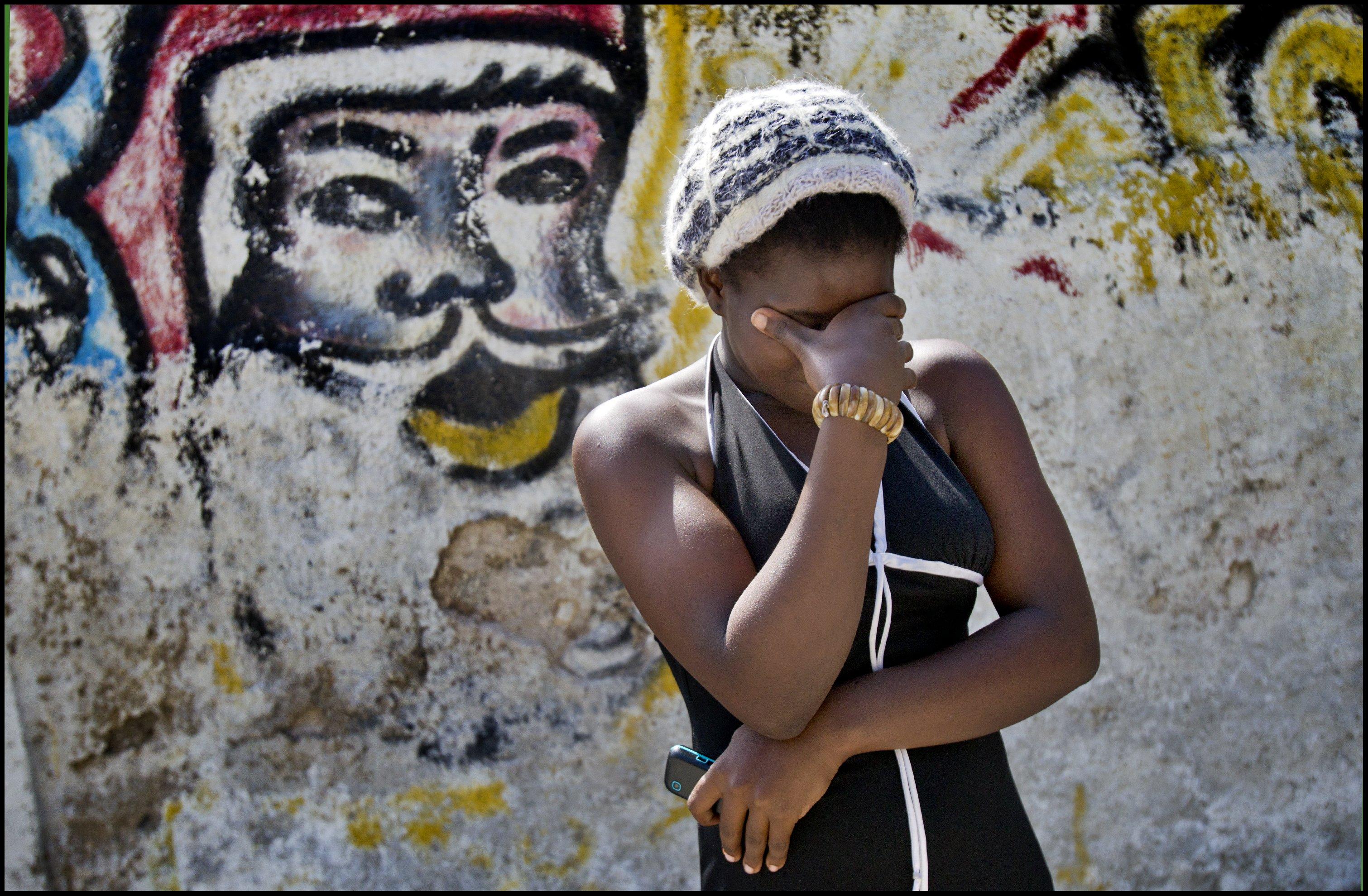
Most of the women who came to me for abortion care had a family member with them—a sister, a mother, a brother. If the patient agreed, I would explain to their family member how to support their loved one through a self-managed abortion. And when there were any complications—which was rare—they knew what to look for and how to contact me. This is how I scaled up safe abortion care at that project.
It’s not always easy but providing safe abortion care is important. Over the 19 years I worked with MSF, I had to be very resourceful to provide this care. It required a lot of confidence and sometimes courage. Listening to women is essential, and that's how I discovered ways to help them even when there were obstacles.
*Name has been changed
**While this article focuses on MSF’s experience treating women and girls at our medical projects, we recognize that all people who can become pregnant deserve access to safe abortion care–including people who identify as trans, nonbinary, and intersex


